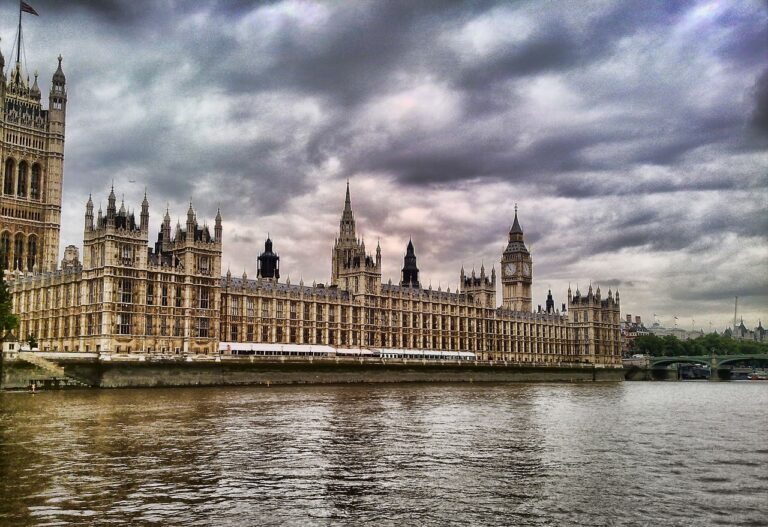More than six years after one of the most divisive referendums ever and more than two years after the UK’s final exit from the European Union, there are certainties: Brexit is not working, at least for the time being.
Laying all the blame on Covid and the war in Ukraine is no longer enough. Because the UK, according various data we will see in this article, is doing worse, if not much worse, than other G7 or economically developed countries.
The British economy is clearly suffering more than most. And the fault is, undoubtedly, Brexit, even though no one wants to talk about it or question it in the UK, not even Labour who consider the topic toxic. But here is why things are not going well, in five reasons.
Table of Contents
Brexit problems: economic woes
Brexit was voted by 52% of Britons in 2016 mainly against immigration and the free movement of people from the EU, the pillar of the European single market. In any case, it was plausible that leaving the world’s largest collective single market and only a few miles away from the English Channel, the European single market in fact, would be an act of rare economic masochism.
The knots are coming to the boil: according to the Obr, the Office of Fiscal Responsibility, part of the British Treasury, Brexit will result in a 4% loss of GDP over the next 15 years.
In return, so far, London has signed new trade agreements with Japan, Australia and New Zealand, the only ones additional to those it already had in the world under the EU umbrella. But the die is cast: the benefits of the free trade treaty with Camberra, for example, has been estimated by the same Obr at 0.08% by 2035, only crumbs.
Trade woes
When then-Prime Minister Boris Johnson signed the UK-EU free trade treaty in late 2019, he presented it to the nation as a great diplomatic and trade victory: “Zero tariffs, zero duties! We will grow even more!” he promised.
Too bad a free trade treaty has a lot more friction, red tape and customs costs than membership of the European single market.
As a result, so many British companies, especially small and medium-sized ones that cannot afford to set up an EU office to get around the problem, have huge problems exporting to Europe, despite a sharply depreciated pound in recent times due to the financial disaster of former prime minister Liz Truss.
And imports have only grown in the meantime because the UK still imposes almost no controls on goods arriving from the EU.
Depressing outlook
Not only that. According to the OBR, Brexit has so far caused the UK to ‘lose 15 per cent of its trade intensity‘. Even as investment, according to the statistics institute Ons, levels have never again reached those pre-2016, the year of the referendum, while in the US and EU values are much more comforting or rising significantly, as the Financial Times notes and as this chart below illustrates.
Inflation has also broken through the 10% mark because of these dynamics. While the pound, as we said, has steadily lost value since that popular consultation six years ago, but it is true that this is a trend that has been going on for many decades against the dollar.
Then there are the chronic problems of the British economy, such as that of low productivity, aggravated especially after the sub-prime mortgage crisis in 2008-2009. But Brexit complicates the whole scenario.
Just look at the data on the UK’s growth and inflation prospects compared to the other G7 countries, as estimated by the IMF and Bank of England. Disturbing data for London. While in the G20, only sanctioned Russia fares worse.
Labour shortages
Another undeniable consequence of Brexit is the difficulty for European workers to obtain visas for less skilled jobs, under the strict ‘points system’ on the Australian model approved two years ago by the Johnson government. The consequences are obvious: unemployment is at its lowest in almost half a century, at 3.8%, but there are still around 1.5 million job vacancies.
The story is always the same: many Britons or natives do not want to do certain types of exhausting or low-paid jobs, such as working in the fields, on construction sites or even in restaurants, where in the meantime we see more and more young British novices and often confused because they have no experience.
It is no coincidence that the current prime minister Rishi Sunak, an early Brexiteer who has always dreamed of the City as the new Singapore on the Thames symbol of deregulation, is thinking of granting easier visas to unskilled workers.
In short, the other Brexit dream of ever higher wages and full native employment (another Singapore model) does not seem to have come true at all, at least for now.












